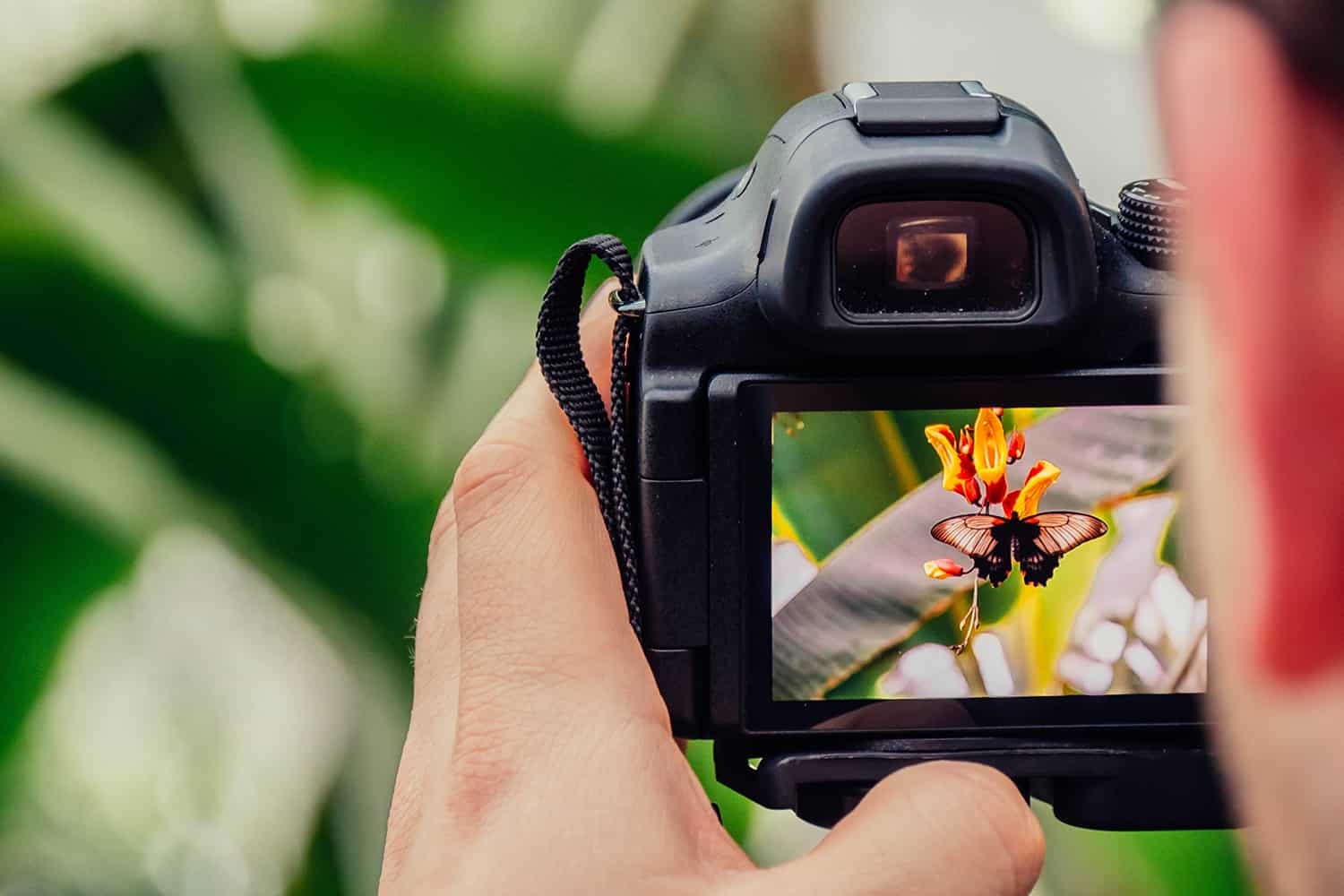Mastering Photography for Beginners: A Comprehensive Guide
Photography is an art form that captures moments, tells stories, and inspires creativity. For those just starting, learning the fundamentals can feel overwhelming, but with the right guidance, anyone can excel. Photography for beginners involves understanding basic principles, choosing the right equipment, and practicing regularly. Whether you aspire to take professional-quality photos or simply enhance your hobby, this guide will walk you through everything you need to know about mastering photography. For more inspiration and resources, visit our photography business website.
Understanding the Basics of Photography
Before diving into the technical aspects, it’s essential to grasp the basics. Photography involves three main elements: aperture, shutter speed, and ISO. These components work together to determine how light interacts with your camera sensor.
- Aperture: Refers to the opening in the lens that allows light to enter. A wider aperture (lower f-number) lets in more light and creates a shallow depth of field, ideal for portraits. A narrower aperture (higher f-number) is better for landscapes.
- Shutter Speed: Controls the amount of time your camera’s sensor is exposed to light. Faster shutter speeds freeze motion, while slower speeds capture motion blur.
- ISO: Determines the camera sensor’s sensitivity to light. Lower ISO settings are ideal for bright conditions, while higher settings are useful in low light but may introduce noise.
Mastering these basics is the first step in photography for beginners, providing a strong foundation for more advanced techniques.
Essential Equipment for Beginners
Investing in the right equipment can significantly improve your photography journey. While it’s tempting to buy the most expensive gear, start with essentials tailored to your needs.
- Camera: Choose between a DSLR or a mirrorless camera. Both offer manual controls and interchangeable lenses, making them suitable for beginners.
- Lenses: A versatile kit lens (18-55mm) is ideal for starting. As you progress, consider adding a prime lens (50mm f/1.8) for portraits or a wide-angle lens for landscapes.
- Tripod: A sturdy tripod is essential for low-light conditions, long exposures, and consistent framing.
- Memory Cards and Storage: Opt for high-capacity, high-speed memory cards to ensure smooth shooting and quick transfers.
- Editing Software: Programs like Adobe Lightroom or Photoshop are invaluable for enhancing your photos.
Starting with these basics ensures that photography for beginners is both enjoyable and manageable.
Mastering Composition and Lighting
Composition and lighting are crucial for creating visually appealing photographs. Even the most advanced camera can’t compensate for poor composition or lighting.
Composition Tips
- Rule of Thirds: Imagine dividing your frame into nine equal sections using two horizontal and two vertical lines. Place your subject along these lines or at their intersections.
- Leading Lines: Use natural lines in your environment to draw attention to your subject.
- Framing: Use elements like windows, arches, or foliage to frame your subject creatively.
- Negative Space: Allow space around your subject to emphasize it.
Lighting Tips
- Golden Hour: Shoot during the golden hour (just after sunrise or before sunset) for soft, warm lighting.
- Avoid Harsh Light: Midday sunlight can create unflattering shadows. Opt for diffused light or shade.
- Experiment Indoors: Use natural light from windows or artificial light sources like lamps for creative indoor shots.
Understanding composition and lighting is essential for improving photography for beginners and transforming ordinary shots into extraordinary images.
Exploring Different Photography Styles
As a beginner, experimenting with various photography styles can help you discover your preferences and strengths. Here are some popular styles to try:
- Portrait Photography: Focus on capturing people’s expressions, emotions, and personality. Use a wide aperture to create a beautiful background blur.
- Landscape Photography: Highlight natural scenery. Use a narrow aperture for a deeper depth of field.
- Street Photography: Capture candid moments in urban environments. Look for interesting compositions and stories.
- Macro Photography: Use a macro lens to explore the world of small subjects, such as insects or flowers.
- Night Photography: Experiment with long exposures to capture stars, cityscapes, or light trails.
- Event Photography: Document special occasions, like weddings or concerts, focusing on storytelling.
- Product Photography: Practice with everyday objects to improve lighting and composition skills.
Each style offers unique challenges and opportunities, making photography for beginners an exciting journey.
Tips for Developing Your Photography Skills
Becoming proficient in photography requires practice, patience, and a willingness to learn from mistakes. Here are some tips to accelerate your progress:
- Practice Regularly: Take photos as often as possible to improve your technical skills and creativity.
- Analyze Your Work: Review your photos critically to identify areas for improvement.
- Learn from Others: Study the work of professional photographers and seek inspiration from their techniques.
- Join Photography Communities: Participate in forums, social media groups, or local clubs to share your work and get feedback.
- Experiment: Don’t be afraid to try new settings, angles, or subjects.
- Take Online Courses: Enroll in beginner photography classes to gain structured knowledge and guidance.
- Shoot in Manual Mode: Gradually transition from auto to manual mode to gain full control of your shots.
Following these tips ensures steady progress in photography for beginners while keeping the learning process enjoyable.
Why Photography for Beginners is Easier Today Than Ever
Thanks to technological advancements, starting in photography has never been more accessible. Modern cameras are user-friendly, with features like auto mode and built-in tutorials. Smartphones with high-quality cameras also offer a great entry point for beginners. Additionally, online resources, such as tutorials, courses, and forums, provide endless opportunities to learn.
The availability of free or affordable editing software means anyone can enhance their photos with ease. This accessibility makes photography for beginners a hobby that anyone can pursue, regardless of budget or experience.
Exploring Career Opportunities in Photography
Photography isn’t just a hobby; it can also be a fulfilling career. Beginners can explore various professional opportunities, such as:
- Wedding Photography: Capturing special moments for couples.
- Freelance Photography: Working on diverse projects, from events to commercial shoots.
- Stock Photography: Selling images to stock photo websites for passive income.
- Photojournalism: Telling stories through impactful images in newspapers and magazines.
- Social Media Content Creation: Creating visually stunning content for brands and influencers.
- Fine Art Photography: Producing artistic images for galleries and exhibitions.
With dedication and skill development, photography for beginners can evolve into a lucrative and enjoyable profession.
Conclusion
Embarking on your photography journey is an exciting and rewarding experience. By understanding the basics, investing in essential equipment, and mastering composition and lighting, you’ll be well on your way to capturing stunning images. Exploring different styles, practicing regularly, and seeking career opportunities will further refine your skills and open new doors.
Remember, photography for beginners is a journey of continuous learning and growth. With dedication and creativity, you can turn your passion for photography into a fulfilling pursuit or even a thriving career. Start today, and let your lens tell the stories that words cannot.










Post Comment